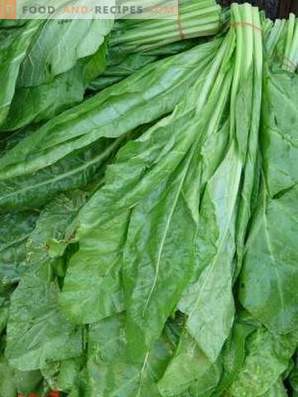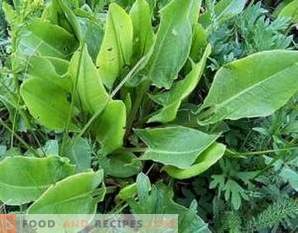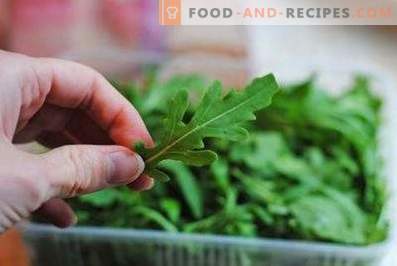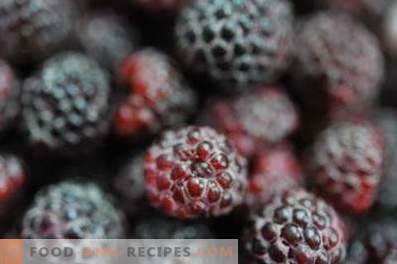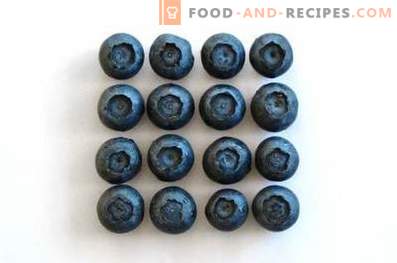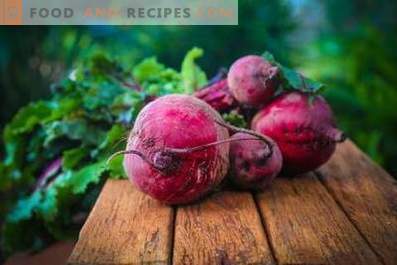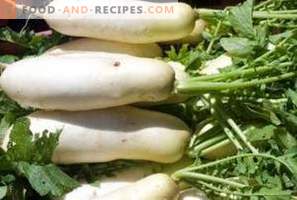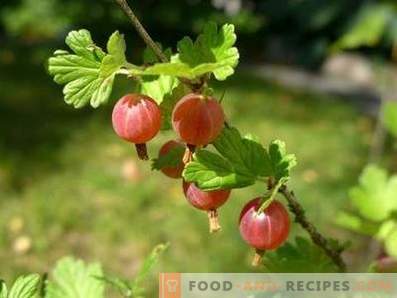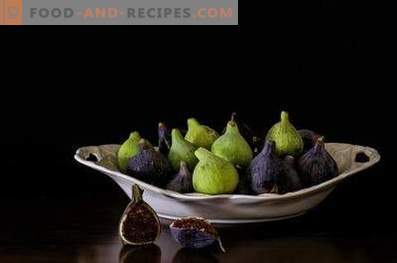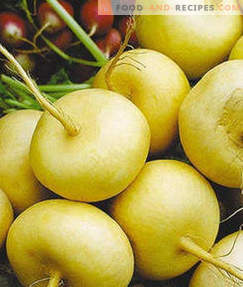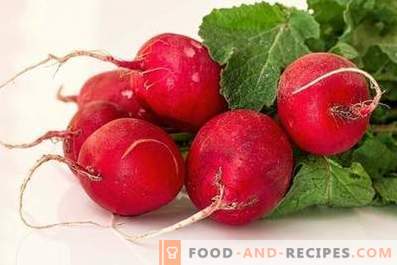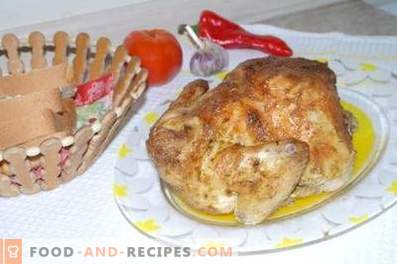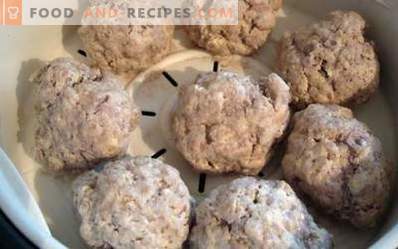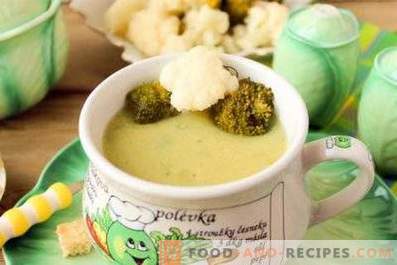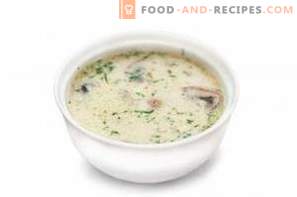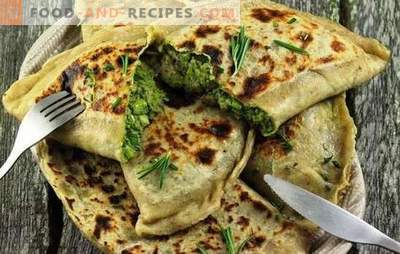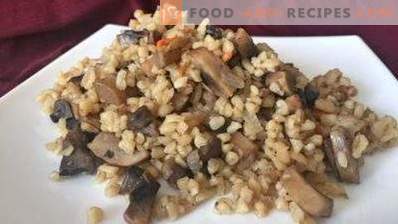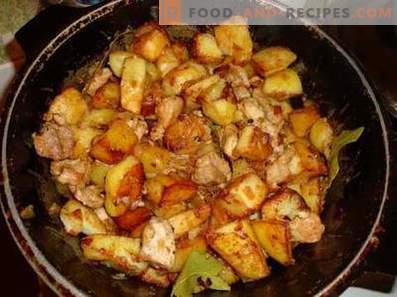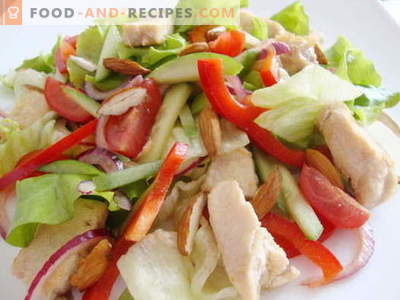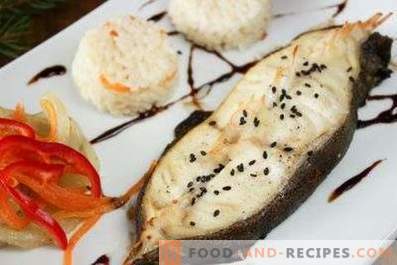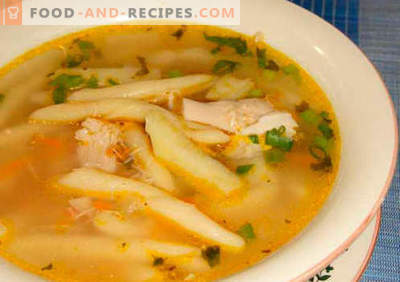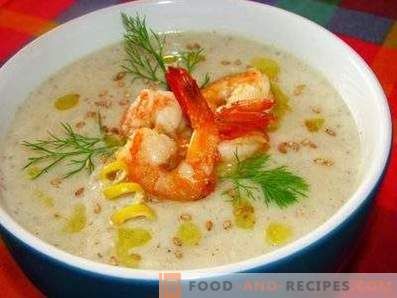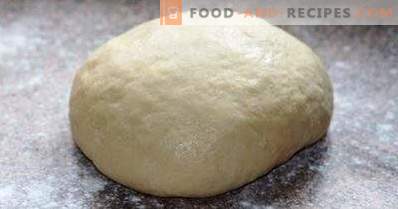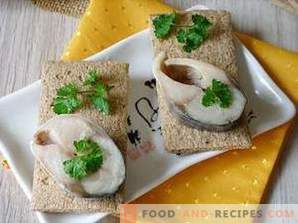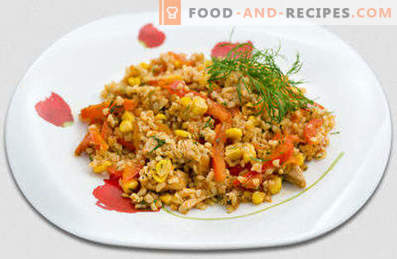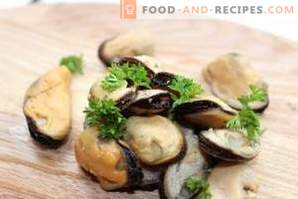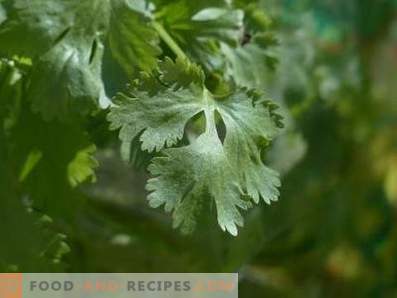
Cilantro, coriander, or Chinese parsley is a plant from the umbrella family. The homeland of this spice is the eastern part of the Mediterranean coast. Thanks to the ancient Romans, cilantro quickly spread through the territory of Western and Central Europe. Later, in the 1st century AD, the Roman conquerors brought the seeds of this plant to the UK.
Coriander came to America, New Zealand and Australia much later, in the era of geographical discoveries (approximately in the XV-XVII centuries). On the territory of Eastern Europe, it began to grow only in the XVIII century: this is evidenced by a number of literary sources.
Today, cilantro is cultivated in most countries of the world with a temperate climate. Fruits and leaves of this plant are used to flavor fish, meat, pickles, bread, liqueurs, beer and confectionery, include in soups and salads. In addition, Chinese parsley is used to treat a whole range of diseases.
Botanical description of cilantro
Externally, coriander is a bit like parsley. The plant has a small spindle-shaped root and a bare, erect stem, branching at the top. The top part of cilantro reaches 70 cm in height.
The plant has 3 types of leaves:
- basal - long-petiolate, tripartite with wide lobules and jagged edge;
- located in the lower part of the stem - sitting on short petioles, twice pinnately dissected;
- located in the upper part of the stem - pinnatisect, sessile.
A mid-summer plant blooms with small pink or white flowers gathered in elaborate umbrellas at the tips of peduncles. Cilantro fruits are egg-shaped solid visoplods with 12 straight and 10 sinuous ribs. Seeds of culture ripen in early fall.
Nutritional Value
100 g of cilantro contains:
- 2, 122 g of proteins;
- 0, 519 g of fat;
- 3, 664 g of carbohydrates;
- 2, 764 g of fiber;
- 92, 209 g of water;
- 1, 464 g of ash.
The concentration of sugars in the composition of Chinese parsley - 0, 87 g per 100 g.
Vitamins in cilantro
Coriander contains a whole complex of vitamins. When using 100 g of this product in the gastrointestinal tract come:
- retinol equivalent, A - 336, 419 mkg;
- thiamine, B1 - 0, 066 mg;
- pantothenate, B5 - 0, 561 mg;
- ascorbic acid, C - 26, 404 mg;
- riboflavin, B2 - 0, 161 mg;
- folate, B9 - 61, 888 mkg;
- tocopherol equivalent, E - 2, 413 mg;
- choline, B4 - 12, 669 mg;
- pyridoxine, B6 - 0, 148 mg.
In addition, nicotinic acid (vitamin PP) is present in cilantro. The concentration of this compound is 1.13 mg per 100 g of product.
Useful Items in Coriander
Trace elements in 100 g cilantro:
- manganese - 0, 424 mg;
- selenium - 0, 863 mcg;
- iron - 1, 761 mg;
- zinc - 0 492 mg;
- copper - 224 mcg.
Macroelements per 100 g of product:
- calcium - 66, 021 mg;
- sodium - 45, 714 mg;
- potassium - 520, 614 mg;
- phosphorus - 47, 901 mg;
- magnesium - 25, 836 mg.
Energy Value of Cilantro
Calorie fresh cilantro - 22, 611 kcal per 100 g. In one branch of this plant contains about 0, 4 kcal. The energy value of dried coriander is slightly higher. 100 g of this product contains 216, 391 kcal, in a pinch - 1, 084 kcal, in a teaspoon - 4, 322 kcal.
Useful properties of cilantro
- Chinese parsley contains a whole complex of vitamins and beneficial elements. Regular consumption of dishes with the addition of this spicy grass helps to avoid beriberi, in time to replenish the reserves of nutrients in the body.
- Folk healers use squeezed juice from coriander stems and leaves as a general tonic.
- Cilantro is famous for its antiseptic properties. Therefore, a decoction of leaves, stems and seeds of this plant is used for rinsing the mouth with stomatitis, sore throat and gingivitis, for washing wounds.
- Compounds that are present in the composition of cilantro strengthen gums, reduce the risk of caries.
- In order to remove a strong toothache, it is enough to chew a fresh sprig of coriander for a few minutes. In a similar way, you can get rid of bad breath.
- Broth prepared on the basis of the greenness of this plant, has expectorant properties.
- Coriander contains substances that promote the excretion of mercury, lead and other heavy metals.
- Dishes from Chinese parsley help clean the intestines of toxins and slags.
- Cilantro is an effective antiparasitic agent. To achieve a stable therapeutic effect, it is enough to eat 2 sprigs of this plant per day.
- Coriander salads are useful for people suffering from kidney and urinary tract diseases.
- Nutrients that enter the gastrointestinal tract when Chinese parsley are used help reduce the unpleasant symptoms of eczema, dermatitis, psoriasis and other dermatological diseases.
- Substances contained in the green of the plant contribute to the saturation of the tissues of the human body with oxygen.
- Cilantro is rich in compounds that activate the production of blood cells and stimulate blood circulation. Therefore, this product is very useful for people suffering from anemia.
- Green coriander improves appetite, stimulates digestion, helps to absorb heavy foods, helps eliminate inflammation in the organs and tissues of the gastrointestinal tract.
- A decoction of Chinese parsley leaves is an effective remedy for diarrhea, flatulence, and a feeling of heaviness in the stomach. Drink one-third of the drink per hour until the problem is completely resolved.
- Cilantro tea helps activate metabolic processes and speeds up weight loss.
- Coriander leaves decoction has anti-fungal properties. On the basis of this tool prepare lotions and impose them on the areas affected by the fungus.
- Chinese parsley has antipyretic and diaphoretic properties. Therefore, tea from it is useful for diseases accompanied by a sharp increase in temperature.
- Compounds such as cineole and linoleic acid, contained in cilantro, help alleviate the symptoms of rheumatism and arthritis.
- Tea made from Chinese parsley leaves helps to alleviate the condition of tuberculosis patients.
- Coriander helps strengthen blood vessels, remove low-density lipoproteins from the body (the so-called “bad cholesterol”). People who often eat dishes with the addition of this spice are less likely to suffer from heart disease.
- Substances with which cilantro is rich help improve the ability to memorize complex information, activate the brain.
- Chinese parsley helps to calm the nerves, get rid of increased irritability, avoid depression, reduce the adverse effects of stress on the body.
- Coriander lowers blood sugar. Therefore, this product is useful to include in the diet menu of diabetics.
- Vitamins and other nutrients that enter the body when eating Chinese parsley help protect the eyes from overwork, improve visual acuity. The organic acids contained in this product strengthen small eye vessels. Folk healers advise you to wash your eyes with a weak cilantro decoction for conjunctivitis, glaucoma or keratitis.
- Coriander has diuretic properties. Therefore, these greens are useful for people suffering from edema.
- Cilantro helps to strengthen the body's immune defense, reduce the risk of infection with infectious diseases during periods of epidemics.
- Chinese parsley is rich in antioxidants, which help slow down the aging process of tissues, prevent the appearance of cancerous tumors.
- Regular consumption of salads and other cilantro dishes helps speed up the regeneration of skin cells.
- Chinese parsley juice is an effective remedy for a severe hangover.
- Coriander has a positive effect on female reproductive health. Dishes from it help to weaken the manifestations of premenstrual syndrome, eliminate uterine bleeding, and normalize the cycle.
- Cilantro is very useful for men too. It is proved that the dishes from it enhance the potency, improve the work of the prostate gland, activate blood circulation in the pelvic region.
Contraindications and harm to coriander
- Coriander is contraindicated in cases of thrombophlebitis, cholecystitis, and gastrointestinal diseases arising on the background of excessive acidity of gastric juice. Dishes from it are forbidden to eat after suffering a stroke or heart attack.
- Cilantro is rich in substances that can provoke the development of allergic reactions. Therefore, allergy sufferers should be wary of the use of this green in food.
- Abuse of coriander can cause nervous overexcitement, insomnia, abnormalities in the cardiovascular system, nausea, vomiting, a significant increase in the body's sensitivity to sunlight (photosensitization). An adult can eat no more than 35 g of fresh greens of this plant per day.
- Chinese parsley is contraindicated for pregnant women. Dishes from this green is undesirable to include in the diet of young mothers who are nursing babies.
